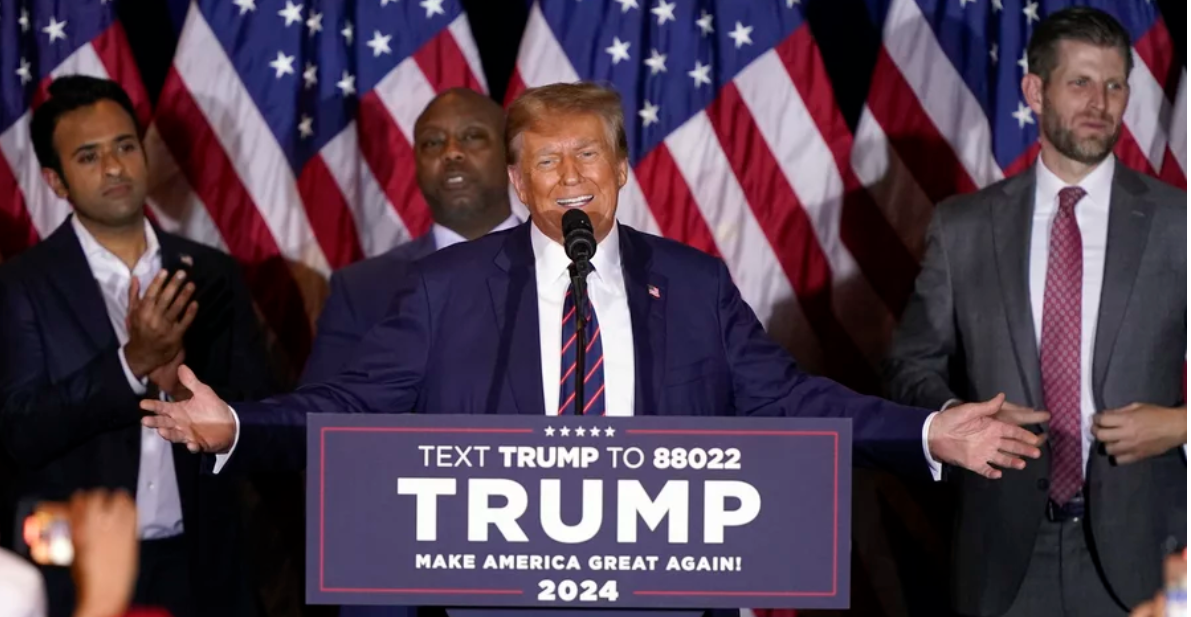One encourages the IMF to admit Taipei, while the other instructs regulators to bar Beijing from banking associations due to dangers to the independent island.
The goal of California Republican Young Kim’s measure, according to him, is to strongly convey to Taiwanese people our support and unity for democracy.

Three bipartisan financing proposals pertaining to Taiwan and mainland China were adopted by the U.S. House of Representatives on Friday, advancing legislation that would strengthen US assistance for the self-ruled island closer to becoming law.
The first of the three, backed by Young Kim, a Republican from California, is in favor of Taiwan becoming a member of the International Monetary Fund.
The second, filed by Oklahoma Republican Frank Lucas, requires authorities to remove the People’s Republic of China from financial organizations if the U.S. president notifies Congress of risks to Taiwan from Beijing’s activities.
The third, introduced by Republican Dan Meuser of Pennsylvania, calls on the US Treasury to put pressure on Beijing to increase exchange rate transparency at the IMF.
In the Republican-controlled House, the first two proposals were approved by voice vote, and Meuser’s bill was approved 379–1. Before the legislation can be signed into law by President Joe Biden, they must now clear the whole Senate, which is controlled by Democrats.
Washington has been supporting Taiwan’s membership in international organizations more and more in the past several months and years, but it has expressed reservations about Beijing’s active engagement in these organizations.
This incident occurred just in before of Saturday’s pivotal presidential election in Taiwan, where the more conservative and Beijing-friendly Kuomintang is expected to mount a strong challenge to the incumbent Democratic Progressive Party.
Speaking to his colleagues in the House on Wednesday, Kim asked them to support his measure in order to convey a clear message of support and unity to the people of Taiwan over their democratic rights.
Taiwan is seen by Beijing as a part of China, to be reunited via force if needed. The majority of nations, including the United States, do not acknowledge Taiwan as a sovereign state; yet, Washington is dedicated to arming the self-governing island and is against any attempt to annex it via force.
Taiwan’s membership in international organizations is likewise opposed by China. Since the IMF does not acknowledge Taiwan as an independent state, it has not yet requested membership in the organization.
The Taiwan Non-Discrimination Act of 2023, a bill introduced by Kim, would mandate that the U.S. Treasury actively support Taiwan’s admission to the IMF, provide jobs for Taiwanese nationals working there, and oversee the finances of the self-governing island. “According to a December congressional report, Taiwan would have more options to join other international financial institutions including the World Bank and the Inter-American Development Bank now that it is a member of the IMF.
Washington has been speculating about the possibility of an impending attack on Taiwan ever before Beijing started imposing aggressive deadlines for the upgrading of the People’s Liberation Army.
Lucas’s Protect Taiwan Act would become US policy if a US president decides that Beijing poses any threat to the security, social, or economic system of the people of Taiwan, as well as to US interests. China need to be kept out of the Group of 20 and organizations like the International Organization of Securities Commissions and the Bank for International Settlements.
House Financial Services Committee Chairman Patrick McHenry, a Republican from North Carolina, spoke out in favor of Lucas’ plan, claiming it would make China an invincible force in important institutions that maintain world economic stability.
China will be subject to the same embargo as Russia following its invasion of Ukraine if the US campaign is successful.
Beijing has been charged by Washington with lacking transparency on its currency rate practices.
The China Exchange Rate Transparency Act of 2023, proposed by Meuser, would mandate that the Treasury exert pressure on the IMF to disclose any notable distinctions between the exchange rate policies of China and other major countries.
To do this, the Treasury would have to implore IMF members to give China’s track record as a “responsible stakeholder” more careful thought when deciding whether to increase its stake in the organization.
“China has pledged to uphold a stable exchange rate system free from manipulation,” Meuser stated on Wednesday.”It is our responsibility to ensure that they fulfill their commitment and stop abusing the system for personal gain.
The bill’s recommendations were based on a 2022 assessment by the Treasury, which referred to China as one of the world’s top economies and stated that the nation offered very little information about important aspects of its exchange-rate mechanism.
Both the same study and the most recent Treasury evaluation from November refrain from labeling any nation as a foreign exchange manipulator; the Treasury has previously labeled China as one.





